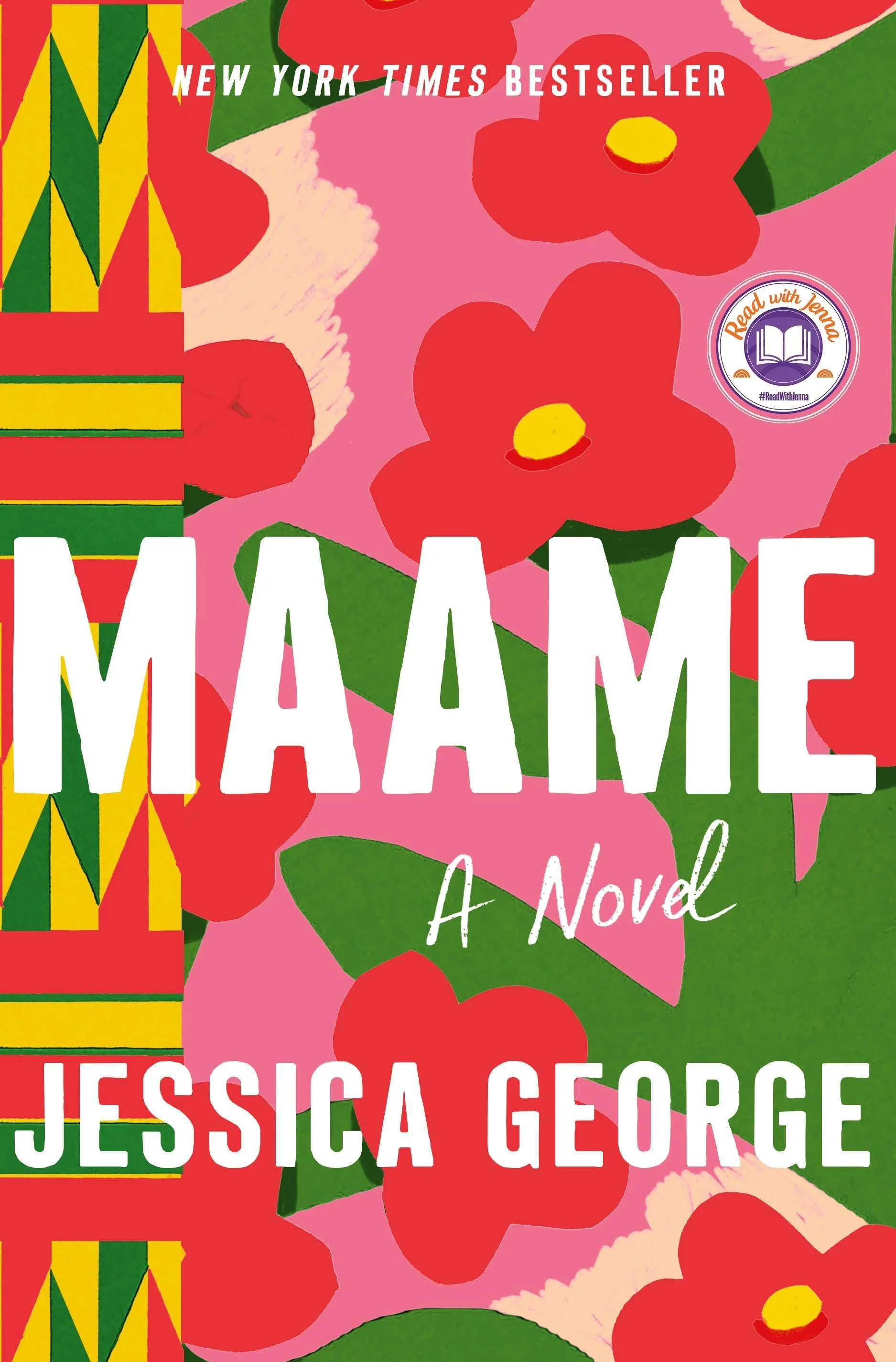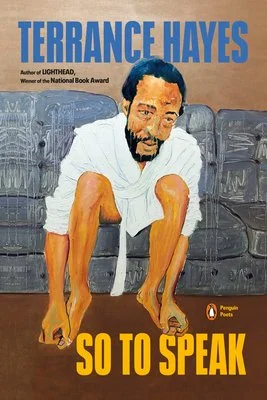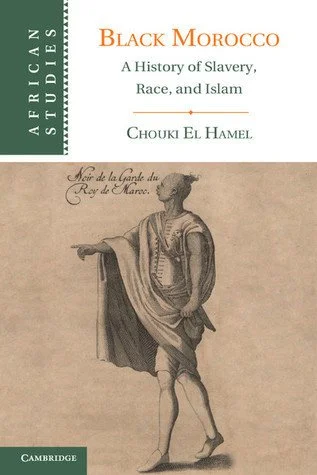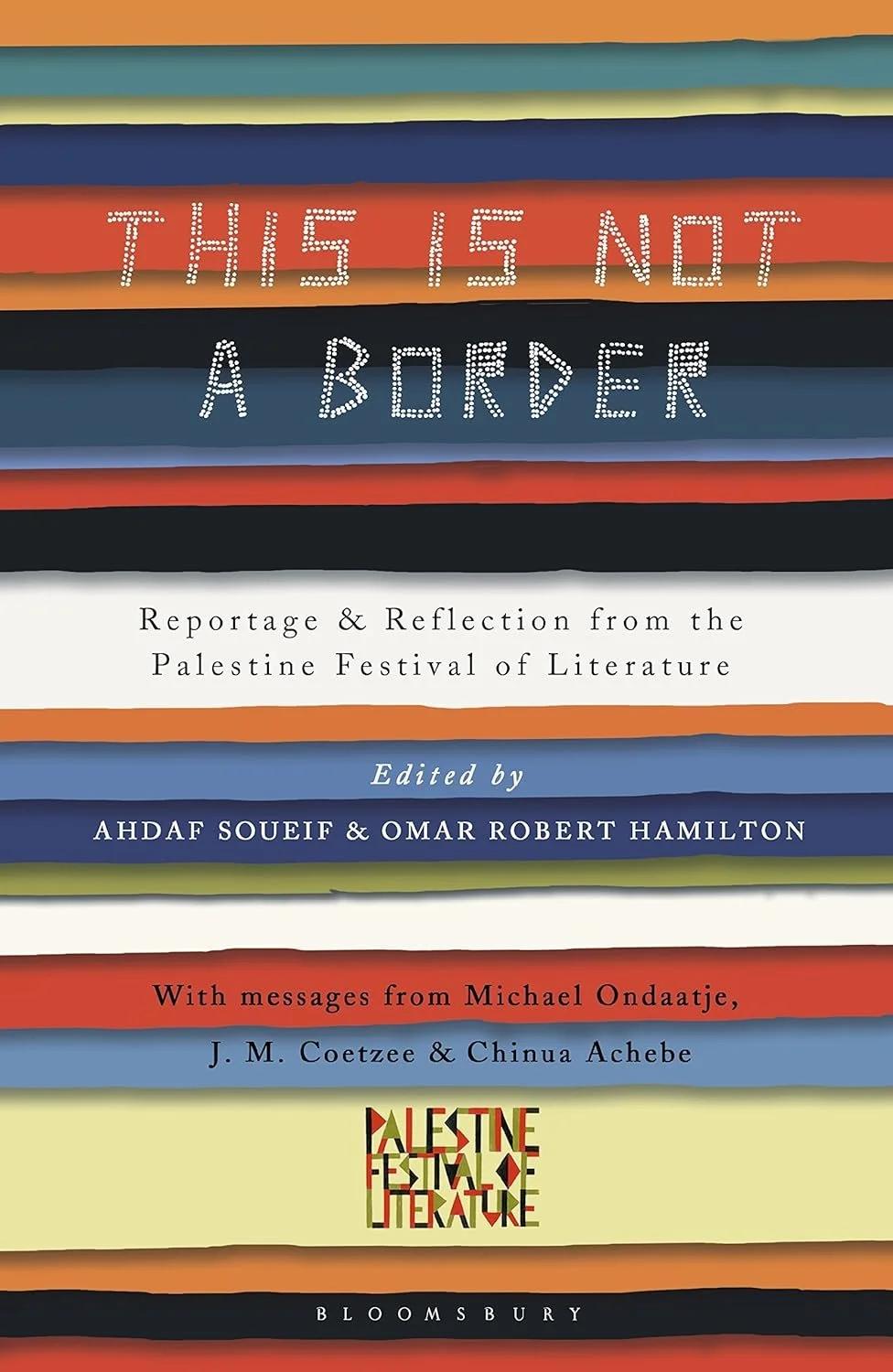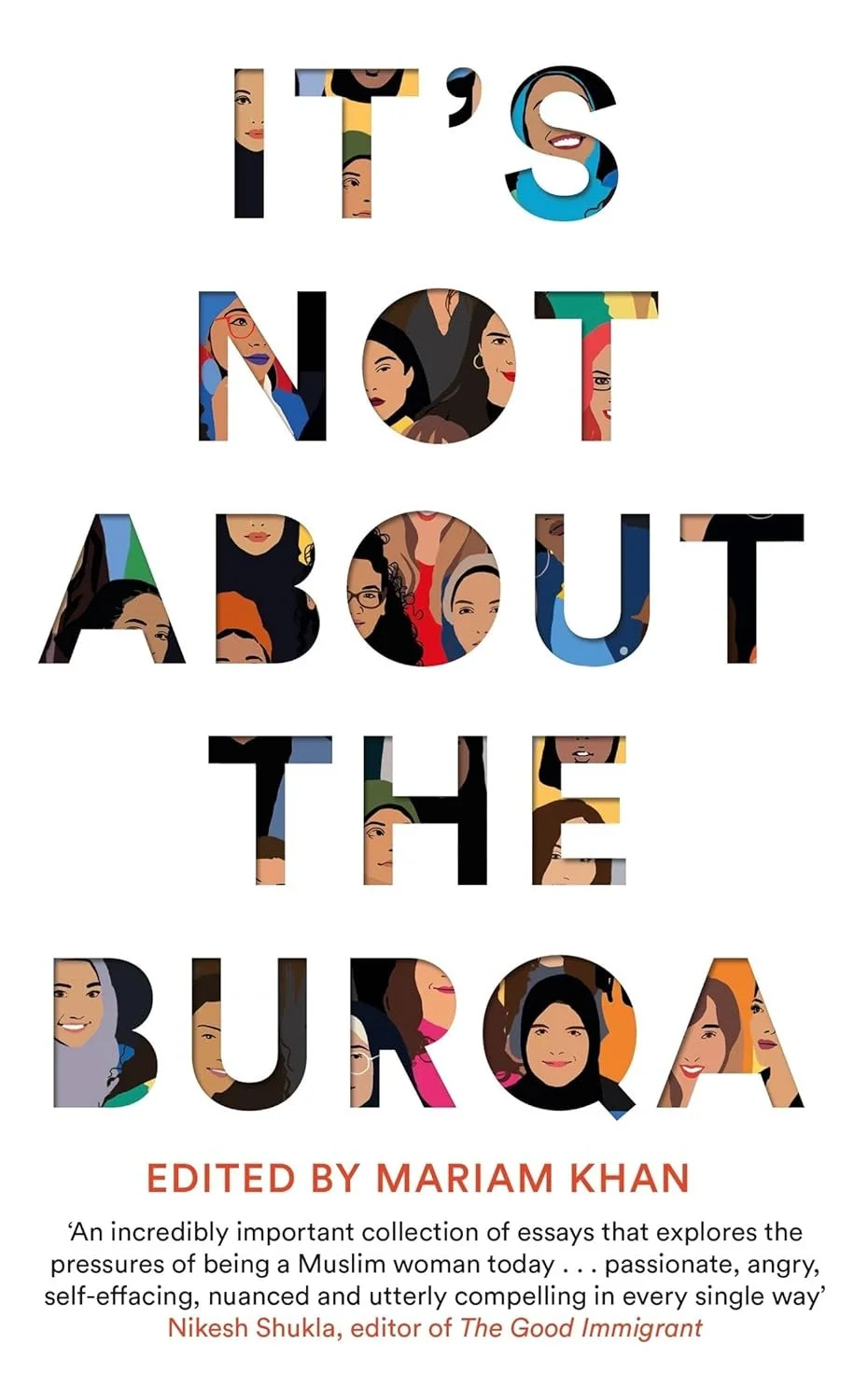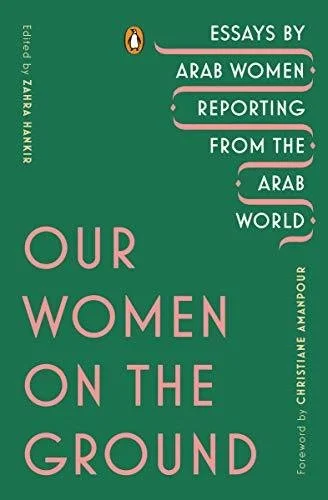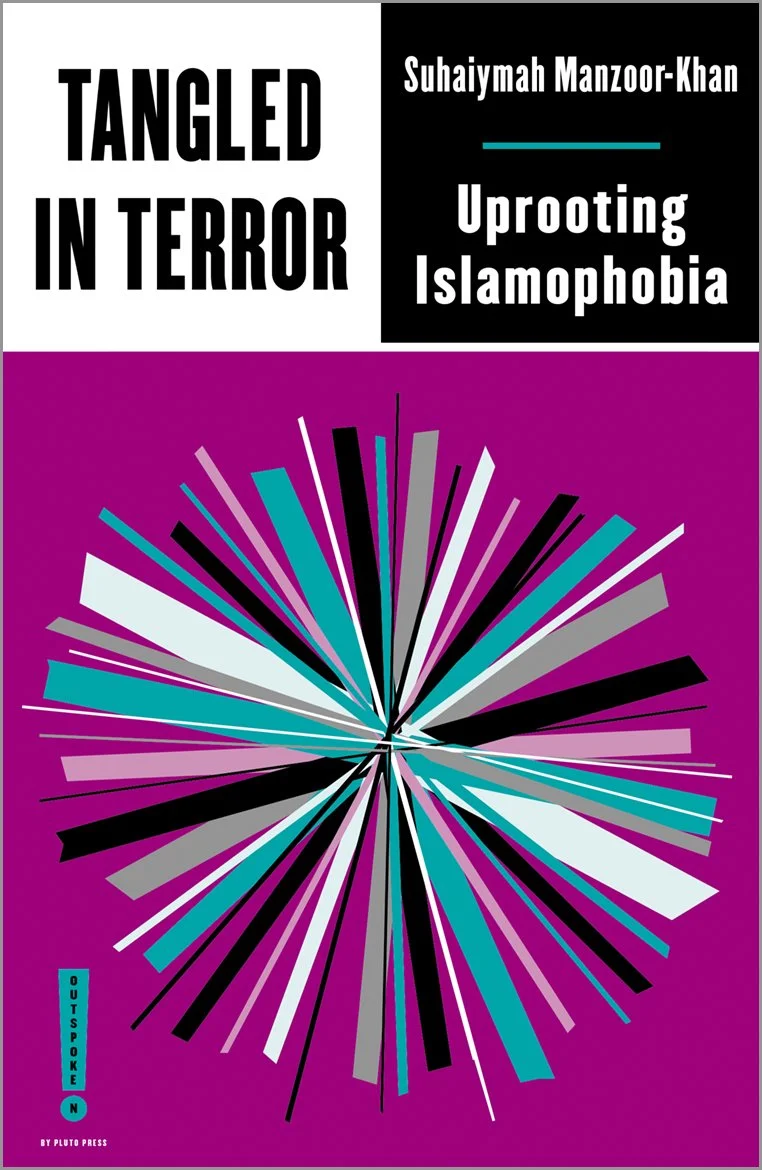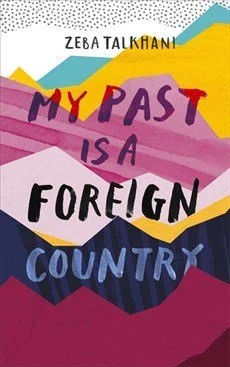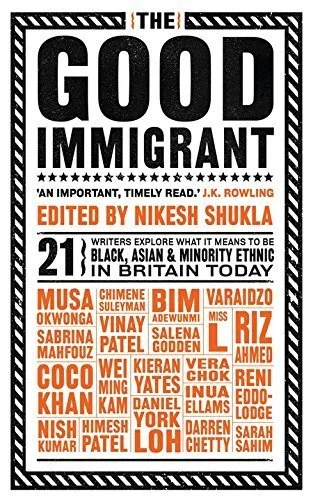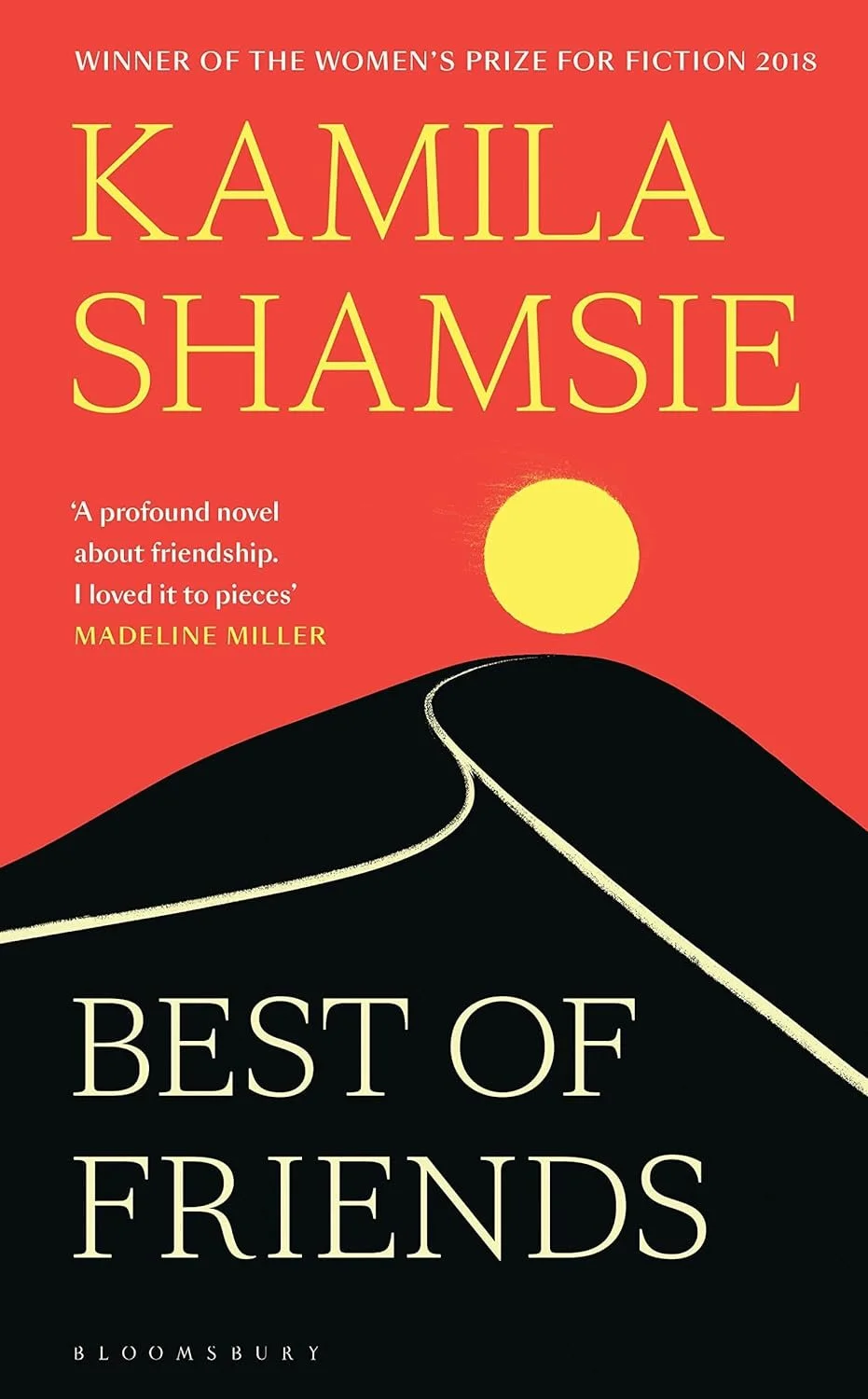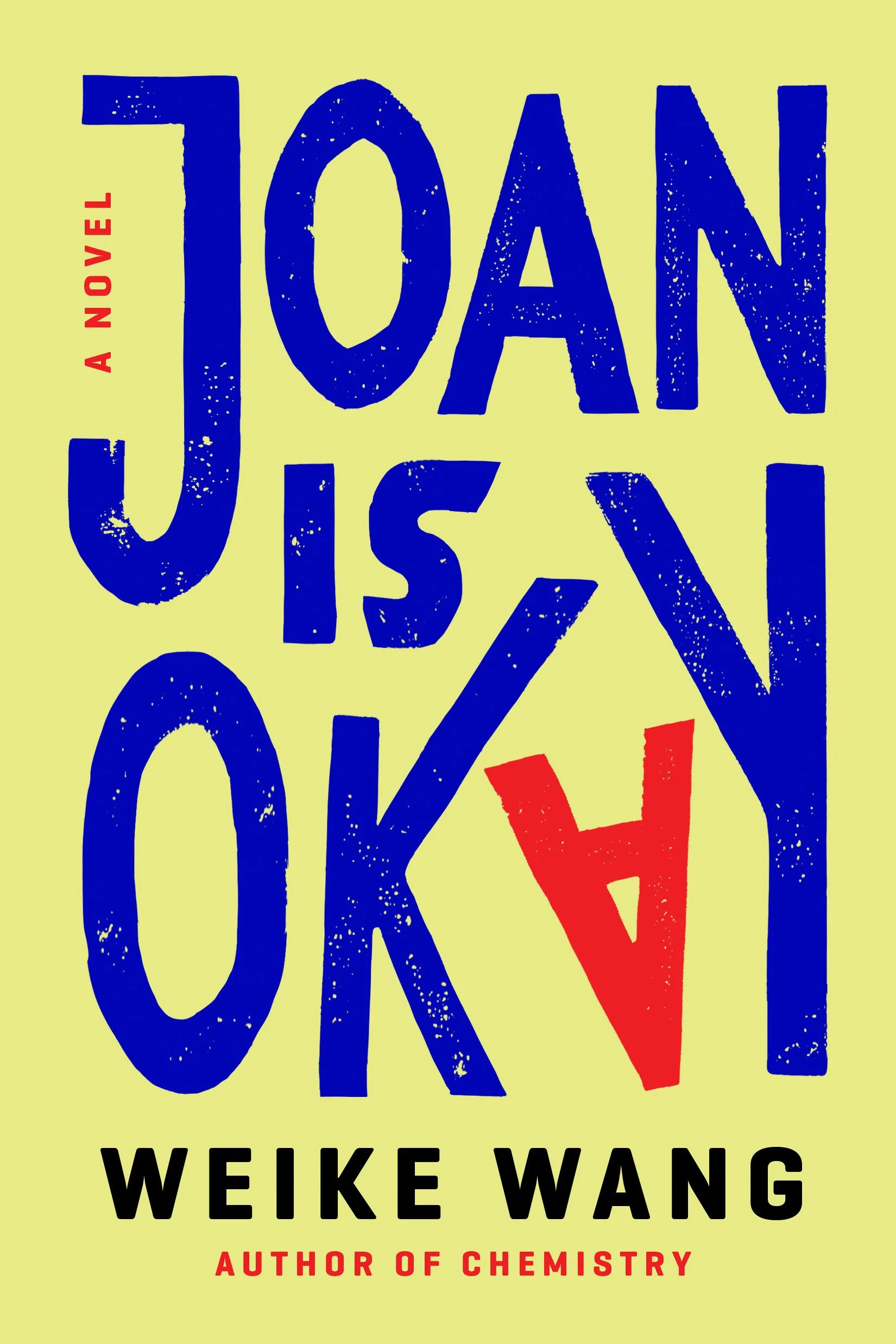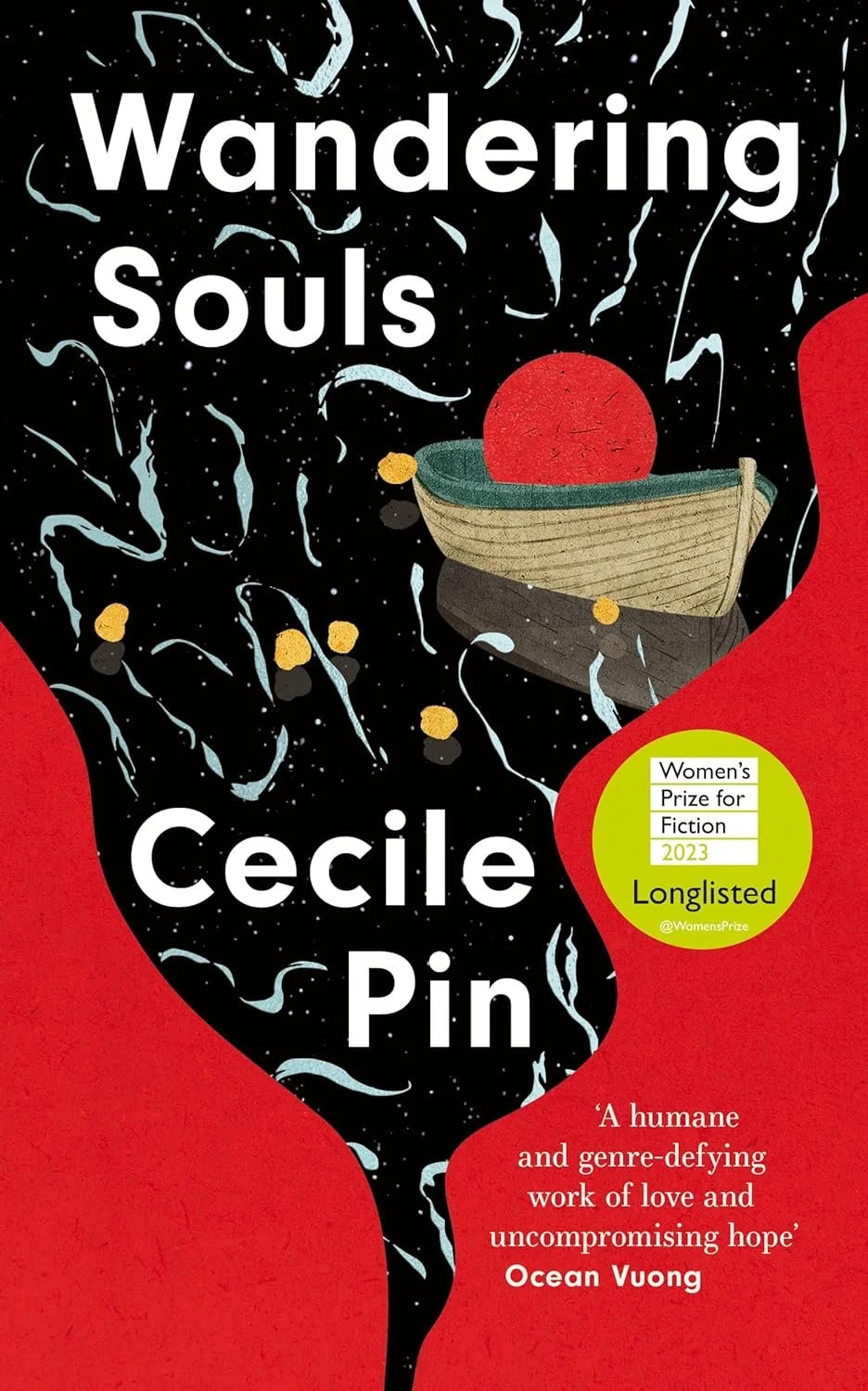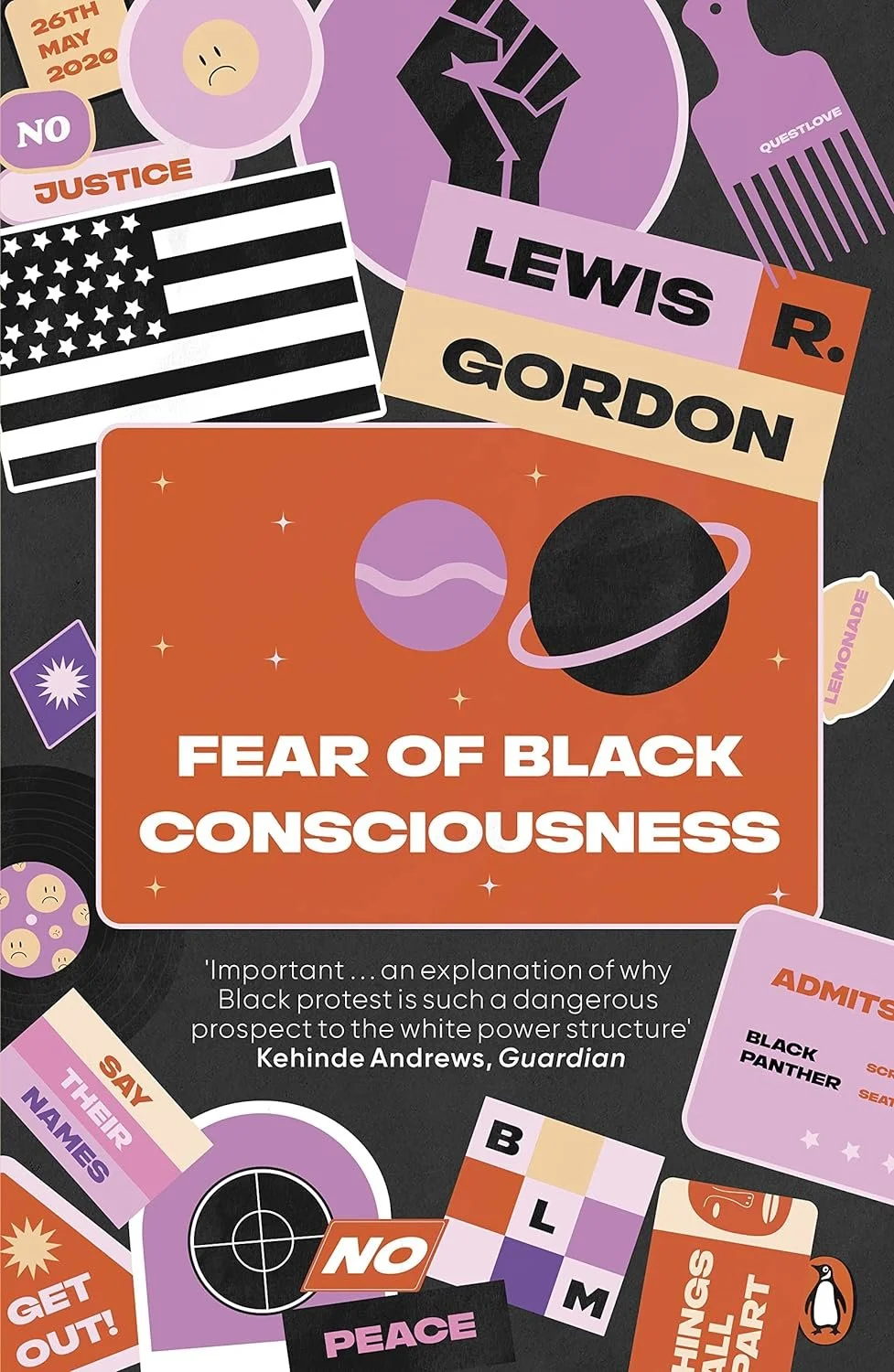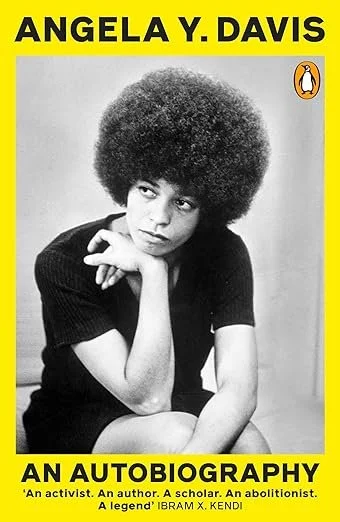Welcome to Our Volunteer Reading List!
In this section, volunteers like you will discover a selection of impactful books written by remarkable Black and Brown authors. These books delve into various themes, experiences, and perspectives, providing an opportunity to explore and appreciate the richness of cultural diversity through storytelling.
In the wake of the Covid-19 pandemic, we are all too aware of the urgent health inequalities that plague our world. But these inequalities have always been urgent: modern medicine has a colonial and racist history. Tackling systemic racism, hidden histories and healthcare myths, Sowemimo recounts her own experiences as a doctor, patient and activist. This book will reshape how we see health and medicine - forever.
Maddie’s life in London is far from rewarding. Maddie is the primary caretaker for her father, who suffers from advanced stage Parkinson’s. At work, her boss is a nightmare and Maddie is tired of always being the only Black person in every meeting. So, when her mum returns from her latest trip to Ghana, Maddie leaps at the chance to get out of the family home and finally start living.
A tragedy is unfolding all around us and is receiving well overdue attention. Black women are three times more likely to die from pregnancy than their white peers. But Dr. Monique Rainford is working to better understand these disparities and do something about them.
A powerful, timely, dazzling new collection of poems from Terrance Hayes, the National Book Award–winning author of Lighthead
Black Morocco: A History of Slavery, Race, and Islam
Celebrating the tenth anniversary of PalFest, This Is Not a Border is a collection of essays, poems and stories from some of the world's most distinguished artists, responding to their experiences at this unique festival. Both heartbreaking and hopeful, their gathered work is a testament to the power of literature to promote solidarity and courage in the most desperate of situations.
When was the last time you heard a Muslim woman speak for herself without a filter? In 2016, Mariam Khan read that David Cameron had linked the radicalization of Muslim men to the ‘traditional submissiveness’ of Muslim women. Mariam felt pretty sure she didn’t know a single Muslim woman who would describe herself that way. Why was she hearing about Muslim women from people who were neither Muslim, nor female?
Our Women on the Ground: Essays by Arab Women Reporting from the Arab World
Islamophobia is everywhere. It is a narrative and history woven so deeply into our everyday lives that we don't even notice it - in our education, how we travel, our healthcare, legal system and at work. Behind the scenes it affects the most vulnerable, at the border and in prisons. Despite this, the conversation about Islamophobia is relegated to microaggressions and slurs
27-year-old Zeba Talkhani charts her experiences growing up in Saudi Arabia amid patriarchal customs reminiscent of The Handmaid's Tale, and her journey to find freedom abroad in India, Germany and the UK as a young woman.
Cover of 'I'm a Fan' by Sheena Patel, featuring bold typography and an artistic eye graphic on a pink background.
Or be told that, as an actress, the part you’re most fitted to play is ‘wife of a terrorist’? How does it feel to have words from your native language misused, misappropriated and used aggressively towards you? How does it feel to hear a child of colour say in a classroom that stories can only be about white people? How does it feel to go ‘home’ to India when your home is really London? What is it like to feel you always have to be an ambassador for your race? How does it feel to always tick ‘Other’?
A dazzling new novel of friendship, identity and the unknowability of other people - from the international bestselling author of Home Fire, winner of the Women's Prize for Fiction Fourteen-year-old Maryam and Zahra have always been the best of friends, despite their different backgrounds. Maryam takes for granted that she will stay in Karachi and inherit the family business; while Zahra keeps her desires secret, and dreams of escaping abroad. This year, 1988, anything seems possible for the girls; and for Pakistan, emerging from the darkness of dictatorship into a bright future under another young woman, Benazir Bhutto.
Joan is a thirtysomething ICU doctor at a busy New York City hospital. The daughter of Chinese parents who came to the United States to secure the American dream for their children, Joan is intensely devoted to her work, happily solitary, successful. She does look up sometimes and wonder where her true roots lie: at the hospital, where her white coat makes her feel needed, or with her family, who try to shape her life by their own cultural and social expectations.
One night, not long after the last American troops leave Vietnam, siblings Anh, Thanh and Minh flee their village and embark on a perilous boat journey to Hong Kong. Their parents and four younger siblings make the crossing in another vessel but as weeks go by it becomes clear that only one party has survived the voyage. Anh, Thanh and Minh suddenly find themselves alone in the world, without family or home. They travel on, navigating refugee camps and resettlement centres until, by a twist of fate, they arrive in Thatcher’s Britain. Here they must somehow build new lives with only each other to turn to, but will that be enough in a place that doesn’t seem to want them?
Each short story follows a tenant in the Banneker Homes, a low-income high rise in Harlem where gentrification weighs on everyone’s mind. There is Swan in apartment 6B, whose excitement about his friend’s release from prison jeopardizes the life he’s been trying to lead. And Quanneisha B. Miles, a former gymnast with a good education who wishes she could leave Banneker for good, but can’t seem to escape the building’s gravitational pull.
Come of age in the credit crunch. Be civil in a hostile environment. Step out into a world of Go Home vans. Go to Oxbridge, get an education, start a career. Do all the right things. Buy a flat. Buy art. Buy a sort of happiness. But above all, keep your head down. Keep quiet. And keep going. The narrator of Assembly is a Black British woman. She is preparing to attend a lavish garden party at her boyfriend's family estate, set deep in the English countryside. At the same time, she is considering the carefully assembled pieces of herself. As the minutes tick down and the future beckons, she can't escape the question: is it time to take it all apart? Assembly is a story about the stories we live within - those of race and class, safety and freedom, winners and losers. And it is about one woman daring to take control of her own story, even at the cost of her life.
Lewis Gordon, one of the leading scholars of Black Existentialism, has spent decades putting philosophical thought at the heart of activism for racial justice around the world. In this boldly original book, he delves into history, art, politics and popular culture to show how the process of racialization - and its absence - affects not only how individuals and society perceive black people but also how black people perceive themselves.
"The First Woman" book cover by Jennifer Nansubuga Makumbi, featuring silhouette of a woman's head with floral border on yellow background.
The Sunday Times bestseller on race and class in the UK, from the MOBO award-winning musician Akala
Afropean is an on-the-ground documentary of areas where Europeans of African descent are juggling their multiple allegiances and forging new identities. Here is an alternative map of the continent, taking the reader to places like Cova Da Moura, the Cape Verdean shantytown on the outskirts of Lisbon with its own underground economy, and Rinkeby, the area of Stockholm that is 80 per cent Muslim.
A dazzling history of Africans in Europe, revealing their unacknowledged role in shaping the continent.
Drawing on new genealogical research, original records, and expert testimony, Black and British reaches back to Roman Britain, the medieval imagination, Elizabethan ‘blackamoors’ and the global slave-trading empire. It shows that the great industrial boom of the nineteenth century was built on American slavery, and that black Britons fought at Trafalgar and in the trenches of both World Wars. Black British history is woven into the cultural and economic histories of the nation. It is not a singular history, but one that belongs to us all.
An Autobiography by Angela Y. Davis A compelling narrative of Angela Davis's life, originally edited by Toni Morrison and first published in 1974. This reissue, with a new introduction by Davis, chronicles her journey from Birmingham to pivotal political trials, showcasing her dedication to radical change.
Disobedient Bodies: Reclaim Your Unruly Beauty by Emma Dabiri Check out this must-read essay by Emma Dabiri, author of the Sunday Times bestsellers "Don't Touch My Hair" and "What White People Can Do Next." It delves into the complex ties between beauty and patriarchy, objectification, shame, control, competition, and consumerism that have persisted for too long. Dabiri calls for a revolutionary approach to beauty, urging us to redefine our standards and celebrate the unique beauty of our rebellious bodies.
"The Mothers," Brit Bennett's debut novel, traces Nadia's journey from her Southern California hometown after her mother's suicide to her return years later for a family emergency. The book, released on October 11, 2016, by Riverhead Books, was a New York Times bestseller and is now being adapted into a film by Kerry Washington's production company.
Wayward Lives, Beautiful Experiments by Saidiya Hartman Saidiya Hartman's "Wayward Lives, Beautiful Experiments" delves into the transformative upheaval of black intimate life in Philadelphia and New York during the early 1900s. The book explores a spectrum of unconventional practices such as free love, common-law and transient marriages, serial partnerships, cohabitation outside of wedlock, queer relationships, and single motherhood. These shifts reshaped the fabric of everyday existence and challenged entrenched Victorian norms regarding courtship, love, and marriage. Hartman skillfully narrates this tale of social revolution, offering a fresh perspective that diverges from the longstanding discourse on the perceived crisis of the black family spanning over a century.
Book cover for 'The Dancing Face' by Mike Phillips, featuring a large carved wooden African mask with animated yellow eyes and intricate patterns.
Book cover for "A Season of Light" by Julie Iromuanya, featuring vibrant geometric shapes and black silhouettes of hands with red nail polish.
Cover of the book "Corps Noirs" by Christelle Bakima Poundza, featuring a collage of illustrated Black women and girls, with the title and author's name in white text on a red background, and a subtitle in French, "Reflexions sur le mannequinat, la mode et les femmes noires."
Book cover of 'The Road to the Salt Sea' by Samuel Kóláwló, featuring a silhouette of a person standing on a winding red and blue landscape representing a road or sea, with a quote at the top.
Cover of a book titled 'The Good Immigrant,' edited by Nikesh Shukla. It features quotes from various authors and highlights themes of exploring ethnicity and race in Britain today.



